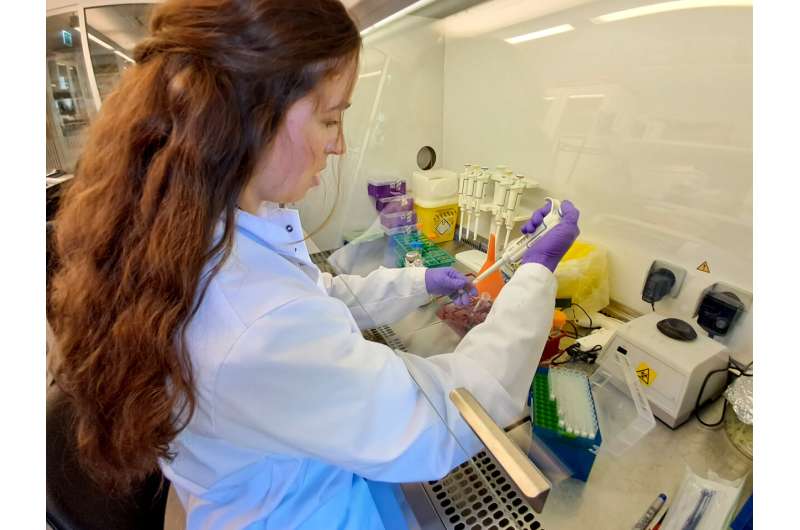Publishing in npj Digital Medicine, the team from KTH Royal Institute of Technology and Uppsala University say their diagnostic process offers a speedier alternative to the bacteria culturing process hospitals routinely use to identify suspected bloodstream infections.
The process uses a centrifuge to separate bacteria from blood cells, and automatic microscopy for detection, enabling a clinic to confirm bacterial infection in as little as two hours using software trained by artificial intelligence, says Henar Marino Miguelez, a doctoral student at KTH Royal Institute of Technology. She and doctoral student Mohammad Osaid were the study’s lead authors.
By contrast, hospital labs generally need at least a day of incubation before the growth of infectious bacteria begins to reveal itself in blood cultures.

